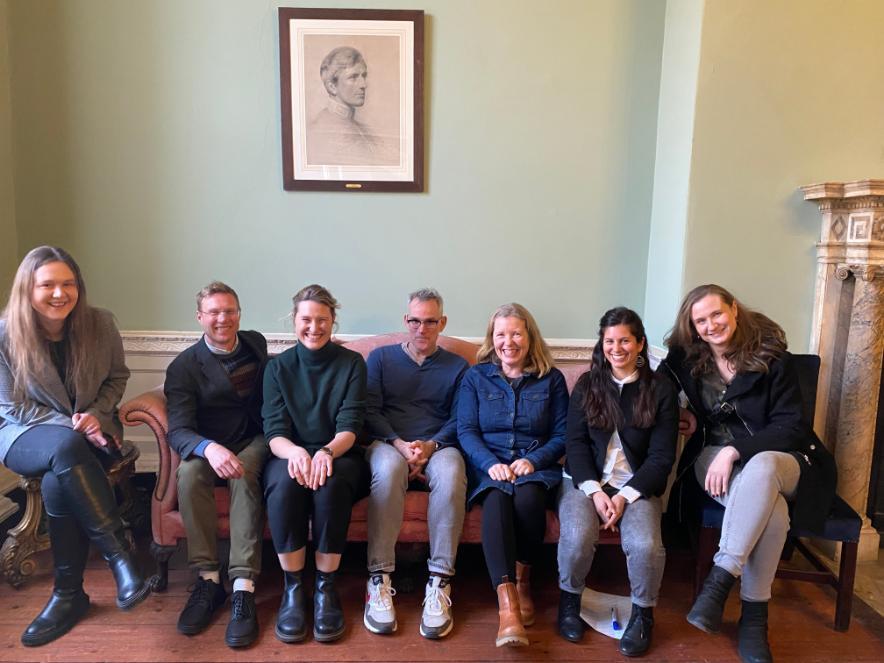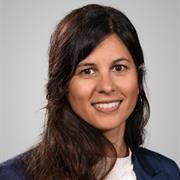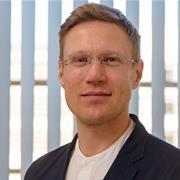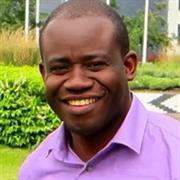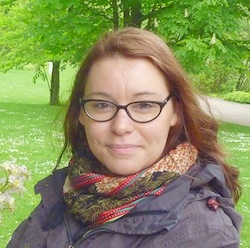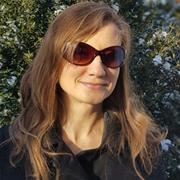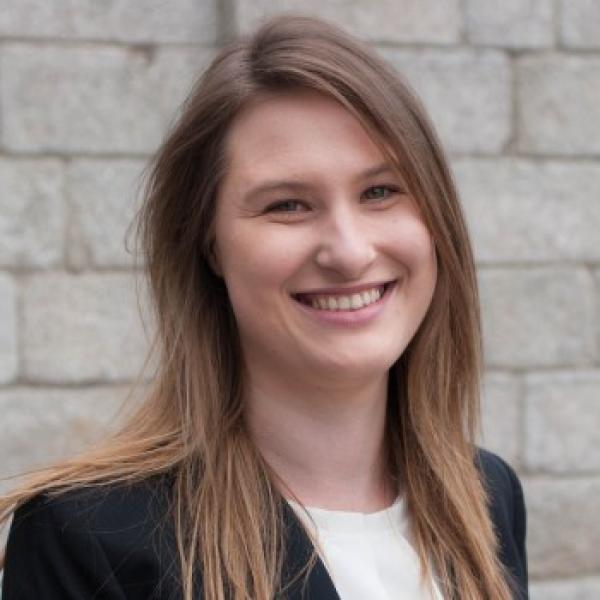(opens in a new window)EqualStrength is an ongoing 3.4 million EUR Horizon Europe project. The endeavour is inherently collaborative and enjoys the contribution of a broad (opens in a new window)consortium of researchers across Europe. The overall coordinator and PI is (opens in a new window)Mathew Creighton in the School of Sociology and the administrative home is the Geary Institute for Public Policy.
The main contribution of EqualStrength is to investigate cumulative and structural forms of discrimination, outgroup prejudice and hate crimes against ethnic, racial and religious minorities from a cross-setting and intersectional perspective. Ethnic, racial and religious minorities experience discriminatory behaviour and prejudicial attitudes in multiple life domains, which accumulates across the life course. This continuous exposure perpetuates minorities’ subordinate position across generations. We deploy innovative, targetted and effective methods, which include field experiments, population-level secondary survey data, meso-level policy analysis and targeted data collection to include the perspective of minority groups who directly confront discrimination.
For more details see (opens in a new window)www.equalstrength.eu.
